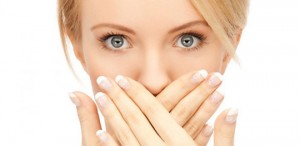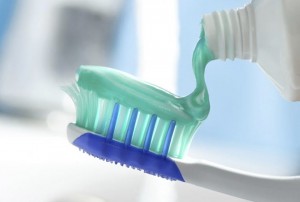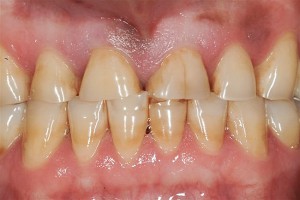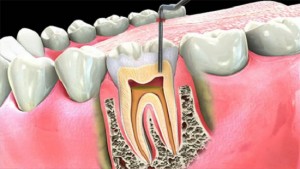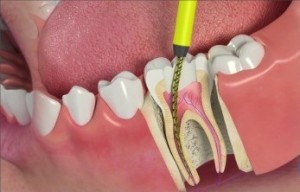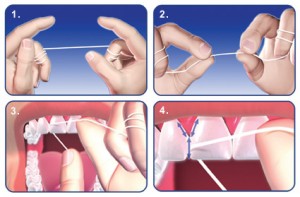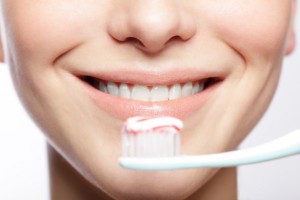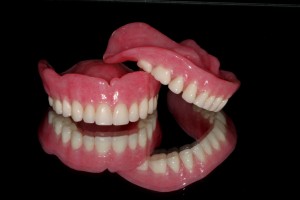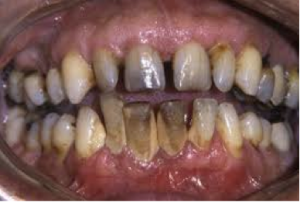A dental implant is an artificial tooth root that is placed into your jaw to hold a replacement tooth or bridge.
Advantages-
- Long term fixed replacement of missing teeth without cutting adjacent teeth (done for fixed bridges or FPD).
- Dental implants can restore oral health, form and function of the dentition, improve esthetics.
When you should consider getting dental implants?
Implants can be placed anytime after tooth loss depending upon other factors;
Replacing a single tooth If you are missing a single tooth, one implant and a crown can replace it.
Replacing Several Teeth If you are missing several teeth, implant-supported bridges can replace them.
Replacing All of Your Teeth If you are missing all of your teeth, an implant-supported full bridge or full denture can replace them.
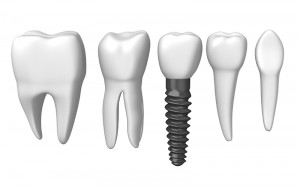
- Next best thing to healthy, natural teeth. Strong and stable, a dental implant restores a lost tooth so that it looks, feels, fits and functions like a natural tooth. Other options can lead to bone deterioration, and may interfere with eating, smiling, speaking and other activities of everyday life.
- Built to last. Dental implants are a long-term solution.
- Retain your natural face shape, and smile.
- Protect healthy bone.
- Keep your teeth in your mouth – not in a cup. You don’t have to keep your removable dentures in a cup.
- They are in your mouth comfortably.
- Speak easy.
- Eat your favorite foods! Taste and enjoy the foods you love without hesitation. You can bite naturally, eat virtually anything you want and, unlike removable dentures that can feel uncomfortable, you can experience the full taste of the food you eat with dental implants, too.
- Cavities can’t occur in an implant-restored crown, or replacement tooth
- Keep teeth in place – silently.
- Protect your healthy teeth.
- More predictable than other repair and restoration methods.


